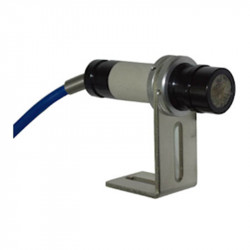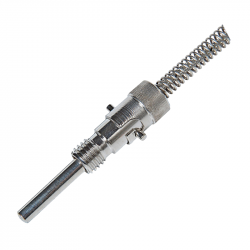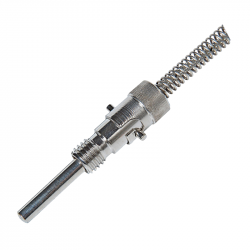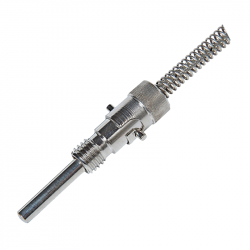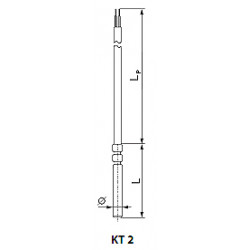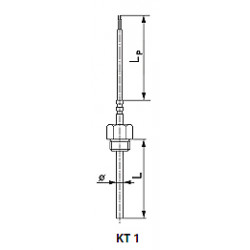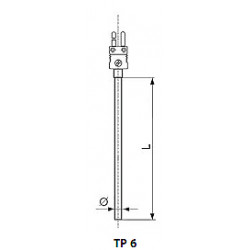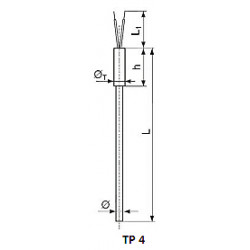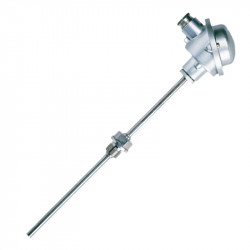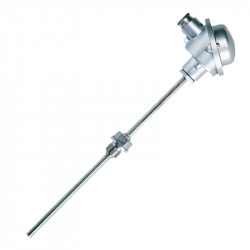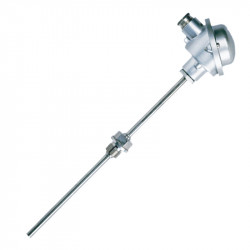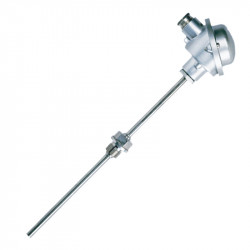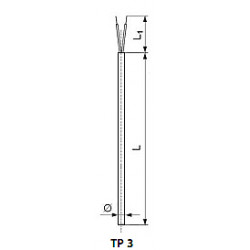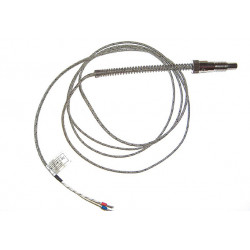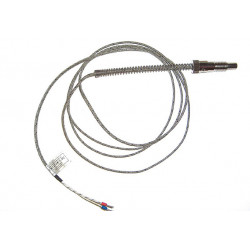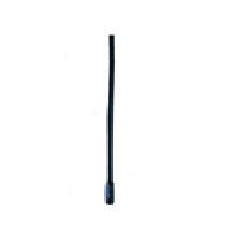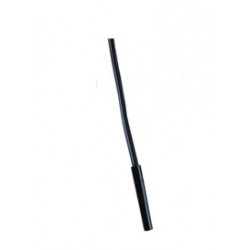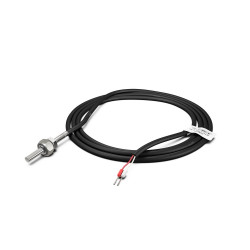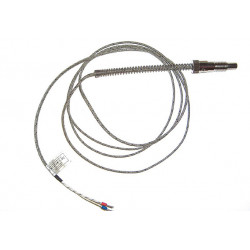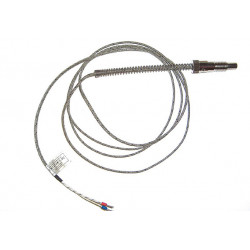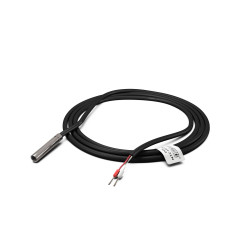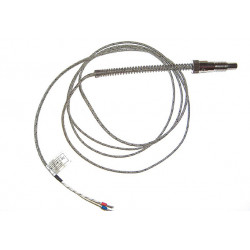Debes estar logueado
Termopares
Categorías
- Sensores de temperatura sin contacto para objetos en movimiento - C015
- Sensor de temperatura termoeléctrico con un inserto de medición revestido reemplazable en un tubo protector de metal TD 1
- Sensor de temperatura termoeléctrico con un inserto de medición revestido reemplazable en un tubo protector de metal TP 1
- Sensor de temperatura termoeléctrico con un inserto de medición revestido reemplazable en un tubo protector de metal TD 2
- Sensor de temperatura termoeléctrico - medición de tres puntos. tipo: tw
- Sensor de temperatura termopar con extremos libres. tipo: tp 3
- Sensor de temperatura termopar con manguito. tipo: tp 4
- Sensor de temperatura termopar con enchufe. tipo: tp 6
- Sensor de temperatura termoeléctrico o de resistencia. tipo: kt1
- Sensor de temperatura termoeléctrico o de resistencia. tipo: kt2
- Termopar recto (J, K, N) - TC-07
- Termopar enfundado (J, K, N) - TC-42
- Termocuplu cu conexiune filetata (J) - ETB
We’re offering a wide assortment of thermocouples for industrial applications and automation.
Temperature measurement is one of the most important actions in automation - in industrial conditions, the most commonly used are thermocouples and resistance temperature sensors.
Thermocouples - application
Thermocouples, also called thermoelectric temperature sensors, are one of the most popular solutions in the industry. Their main applications include laboratories, transportation, measuring-control apparatus, data systems, multi-channel devices, thermovision systems, and military equipment.
Benefits of thermocouples:
- low price,
- simple, stable, and faultless construction,
- predictable output voltages,
- possibility to use in chemically aggressive environments,
- wide range of temperatures, from -100°C up to over 2500°C
- highly precise measurement.
Types of thermocouples and their applications
For thermocouple's construction, various types of metals are used, from which each is intended for a different application.
E type - alloys for temperatures from -200°C to 871°C. Used in atmospheres from vacuum to slightly oxidative and in low temperatures.
J type - alloys for lower temperatures (0°C to 600°C). Used in the chemical industry.
K type - industrial standard up to 1250°C.
T type - alloys for temperatures from -200°C to 350°C. Common in the food industry.




